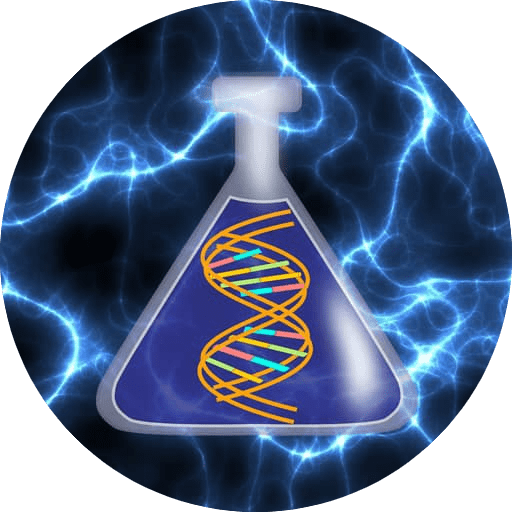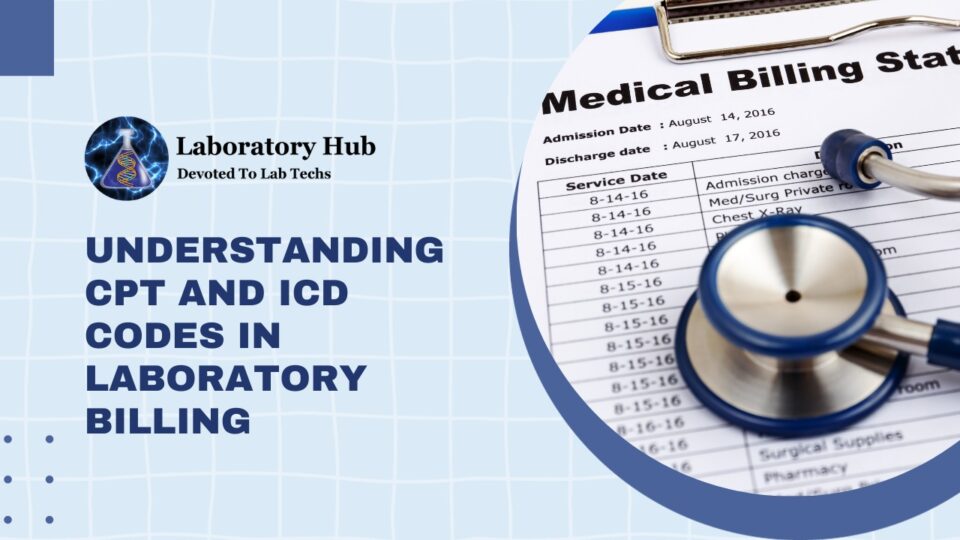Medical billing and coding are indispensable in the healthcare industry, helping providers receive timely payment for services rendered. Laboratory billing requires knowledge of Current Procedural Terminology (CPT) codes as they relate to Current Procedural Terminology (CPT) classification systems such as ICD classification schemes as a crucial part of laboratory billing; we will explore what these codes mean within laboratory billing settings as well as their use when classifying services including an examination of OBGYN CPT Codes specifically.
Understanding CPT Codes
CPT codes (Current Procedural Terminology) are standardized codes established and managed by the American Medical Association (AMA) that describe healthcare professionals’ procedures, services, and tests. These CPT codes describe their medical procedures accurately while protecting patient confidentiality. CPT codes are crucial for identifying and billing specific laboratory tests and procedures in laboratory billing.
CPT codes are typically five-digit numbers, and they are organized into three categories:
Category I CPT Codes:
These codes describe medical procedures and services widely performed by healthcare providers. Category I codes are divided into six sections: Evaluation and Management, Anesthesia, Surgery, Radiology, Pathology and Laboratory, and Medicine.
Category II CPT Codes:
These codes are optional and used for performance measurement and data collection. They are not used for billing purposes.
Category III CPT Codes:
These are temporary codes used to track emerging technologies, services, and procedures.
Understanding ICD Codes
ICD codes (International Classification of Diseases Codes) are an international standard for diagnosing and classifying diseases, conditions, and health-related issues. They are managed and developed by WHO. In laboratory billing, ICD codes indicate the reason for a specific laboratory test or procedure.
ICD codes are alphanumeric and are typically more detailed than CPT codes. ICD codes offer an in-depth summary of a patient’s medical condition or diagnosis, currently at version 10 (ICD-10), with plans to make further revisions over time.
Role of CPT and ICD Codes in Laboratory Billing
In laboratory billing, CPT and ICD codes work hand in hand to ensure accurate billing and reimbursement. Here’s how they play their respective roles:
CPT Codes in Laboratory Billing:
CPT codes specify the laboratory tests and procedures performed on a patient. They help healthcare providers communicate with payers (insurance companies) about the services rendered. CPT codes assist in determining the appropriate reimbursement rates for specific laboratory services.
For example, OBGYN CPT codes are tailored explicitly to obstetrics and gynecology, allowing providers to bill accurately for pregnancy, childbirth, and women’s health services.
ICD Codes in Laboratory Billing:
ICD codes provide the diagnosis or reason for the laboratory test or procedure. They help insurance companies understand the medical necessity of the test and whether it aligns with the patient’s condition. ICD codes are crucial for justifying the need for specific laboratory services and ensuring the billing process is accurate and ethical. In the context of OBGYN, ICD codes help identify conditions related to obstetrics and gynecology, such as pregnancy-related complications or reproductive health issues.
Using OB GYN CPT Codes
Healthcare providers specializing in Obstetrics and Gynecology (OBGYN), especially healthcare providers specializing in OB GYN services such as prenatal care, childbirth, and various gynecological procedures, must use OBGYN-specific CPT codes when billing accurately for OBGYN services rendered. When billing OBGYN services, they should utilize appropriate codes that accurately reflect those affected, as these may vary based on the patient-provider relationship or service delivered.
Some Standard OB/GYN CPT Codes Include
59400: Routine obstetric care services for both mother and infant, including preconception care, vaginal delivery, and postpartum support services.
59510: Routine Obstetric Care includes Antepartum Care, Cesarean Delivery, and Postpartum Support
58100: Total abdominal hysterectomy (the removal of the uterus) for non-malignant conditions.
57454: Colposcopy of the cervix, with biopsy(ies) of the cervix and endocervical curettage.
Also read: Explanation on why medical billing services is important?
Conclusion
A deep understanding of CPT and ICD codes is essential for healthcare providers and billing specialists in laboratory billing. These codes facilitate accurate communication between healthcare providers and payers, ensuring that laboratory services are billed correctly and by the patient’s condition. For OBGYN practitioners, using OB/GYN CPT codes is particularly important in accurately representing the services they provide to female patients throughout their reproductive health journey. By mastering the use of CPT and ICD codes, healthcare providers can streamline their billing processes and ensure fair reimbursement for their vital services in the field of laboratory medicine.
Remember, staying up-to-date with the latest code revisions and guidelines is crucial in the ever-evolving landscape of healthcare billing to ensure accurate and ethical practices.
User Review
( votes)
Laboratory Hub aims to provide the Medical Laboratory Protocols & General Medical Information in the most easy to understand language so that the Laboratory Technologist can learn and perform various laboratory tests with ease. If you want any protocol to be published on Laboratory Hub, Please drop a mail at contact@laboratoryhub.com. Happy Learning!

